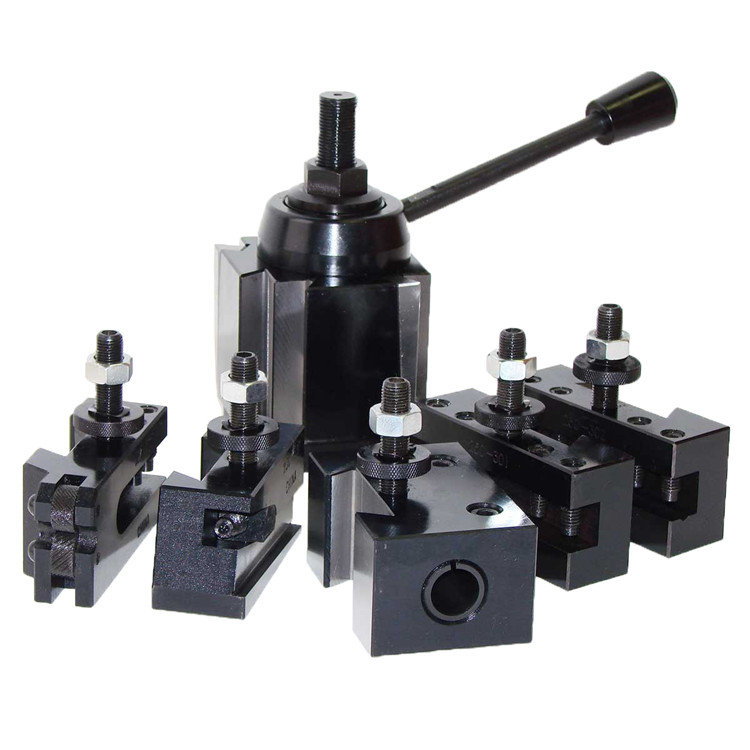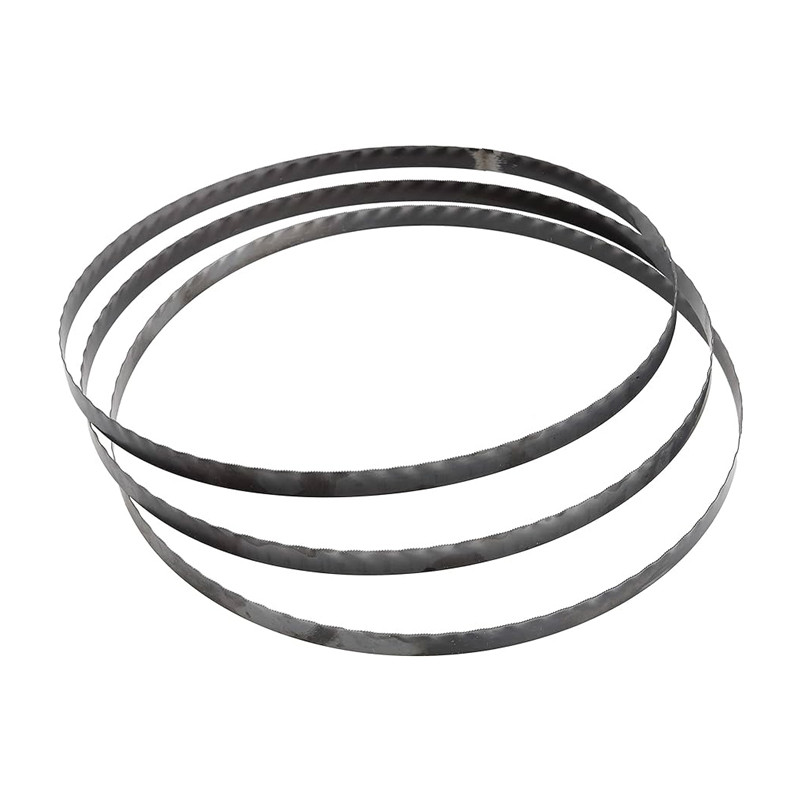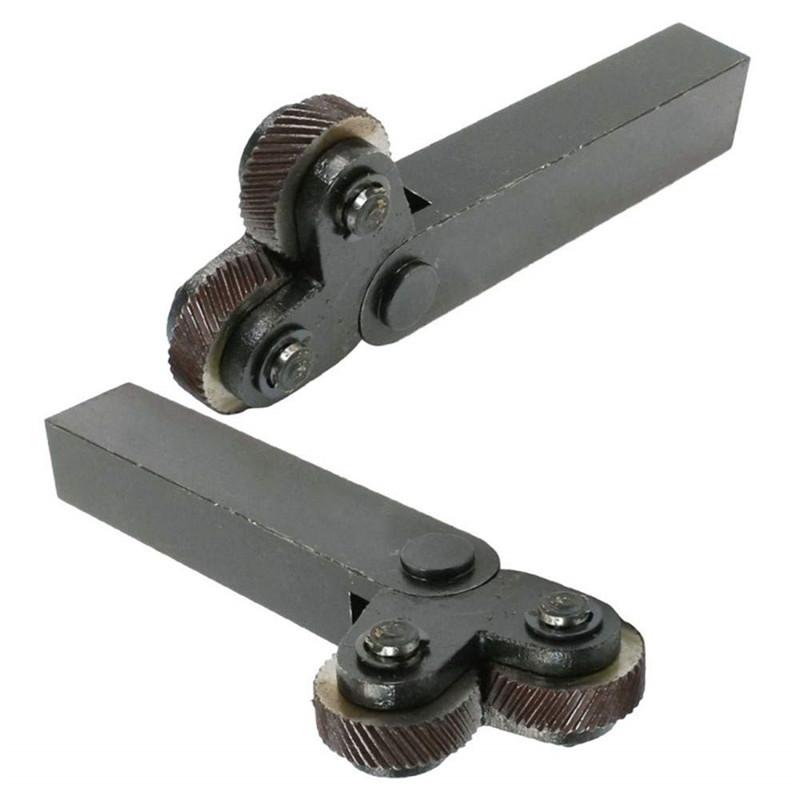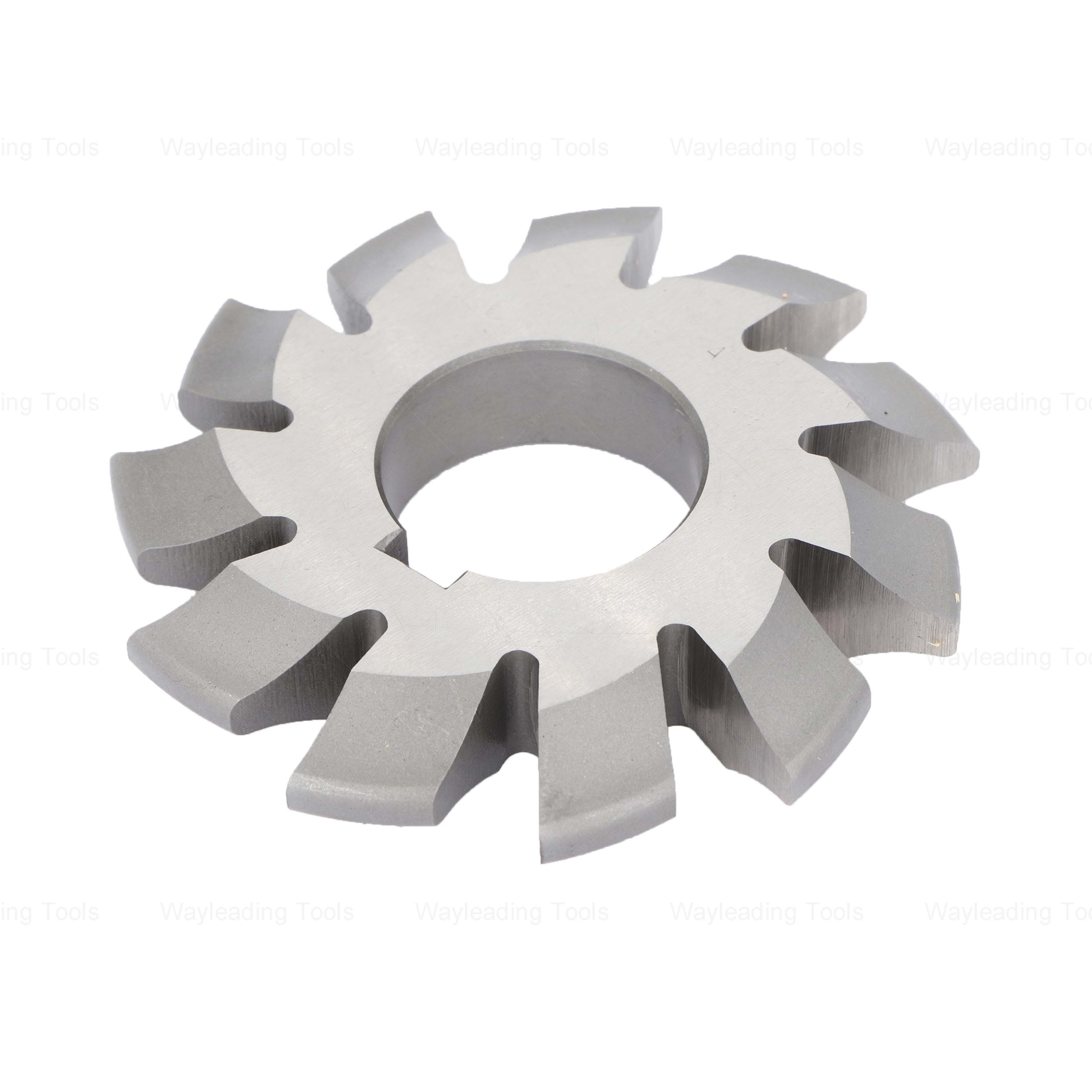dial calipers Factory
A dial caliper is a precision measuring instrument used to determine the distance between two opposing sides of an object. This guide explores the key features, types, and considerations when selecting a dial calipers factory to meet your specific needs, ensuring accurate and reliable measurements.
Understanding Dial Calipers
Dial calipers are versatile tools utilized across various industries, including manufacturing, engineering, and quality control. Their ability to provide precise measurements quickly and efficiently makes them indispensable for tasks ranging from dimensional inspection to machine setup.
How Dial Calipers Work
Dial calipers consist of a main scale, a sliding jaw, and a dial indicator. The main scale provides coarse measurements, while the dial indicator offers finer resolution. The sliding jaw moves along the main scale, and its position is indicated by a needle on the dial. Readings are obtained by combining the main scale measurement with the dial reading.
Advantages of Dial Calipers
- Accuracy: Offer high precision measurements, typically down to 0.001 inches or 0.02 millimeters.
- Ease of Use: Easy to read, even for users with limited experience.
- Durability: Mechanical design makes them robust and long-lasting.
- Versatility: Can measure inside dimensions, outside dimensions, depth, and step measurements.
Types of Dial Calipers
Various types of dial calipers are available, each suited for specific applications. Understanding the different types will help you choose the right tool for your needs.
Standard Dial Calipers
The most common type, used for general-purpose measurements. They feature jaws for measuring outside and inside dimensions, as well as a depth rod.
Dial Calipers with Carbide Jaws
These dial calipers have carbide-tipped jaws, which are extremely hard and wear-resistant. They are ideal for measuring abrasive materials or hardened parts.
Shockproof Dial Calipers
Designed to withstand impacts and vibrations, these dial calipers are suitable for use in harsh environments. They often feature a protective cover over the dial.
Mini Dial Calipers
Compact and lightweight, mini dial calipers are convenient for carrying in a pocket or tool bag. They are ideal for measuring small parts or tight spaces.
Choosing a Reliable Dial Calipers Factory
Selecting a reputable dial calipers factory is crucial for obtaining high-quality, accurate, and reliable measuring instruments. Here are key factors to consider:
Quality Control Standards
Ensure the dial calipers factory adheres to strict quality control standards, such as ISO 9001. This indicates a commitment to consistent product quality and process control.
Material and Manufacturing Processes
Inquire about the materials used in manufacturing the dial calipers. High-quality stainless steel is preferred for its durability and resistance to corrosion. Precision machining processes are essential for achieving accurate measurements. Wayleading Tools utilizes premium grade stainless steel and employs advanced CNC machining techniques to ensure superior quality and precision. Visit www.wayleading.com to learn more about our manufacturing process.
Calibration and Certification
Verify that the dial calipers factory provides calibration services and traceable certification to national or international standards, such as NIST (National Institute of Standards and Technology). Calibration ensures that the instruments meet specified accuracy requirements. Certificates of conformance should be provided with the dial calipers.
Product Range and Customization Options
A good dial calipers factory should offer a diverse product range to cater to different applications and measurement requirements. They should also be able to provide customization options, such as special jaw configurations or custom markings.
Customer Support and Service
Evaluate the dial calipers factory's customer support and service capabilities. Prompt and responsive technical support is essential for addressing any questions or issues. Warranties and after-sales service should also be considered.
Factors Affecting the Cost of Dial Calipers
The price of dial calipers can vary depending on several factors. Understanding these factors can help you make an informed purchasing decision.
Material and Build Quality
Dial calipers made from high-quality materials, such as stainless steel, and manufactured with precision machining processes typically cost more than those made from lower-grade materials. The durability and accuracy of the instrument justify the higher price.
Accuracy and Resolution
Dial calipers with higher accuracy and resolution tend to be more expensive. For example, dial calipers that can measure down to 0.001 inches will generally cost more than those with a resolution of 0.002 inches.
Features and Functionality
Additional features, such as carbide jaws, shockproof construction, or digital displays, can increase the cost of dial calipers. These features provide added value for specific applications.
Brand Reputation
Established brands with a reputation for quality and reliability may charge a premium for their dial calipers. This reflects the confidence in the brand's product performance and after-sales support.
| Feature | Standard Dial Calipers | Carbide Jaw Dial Calipers | Shockproof Dial Calipers |
|---|---|---|---|
| Jaw Material | Stainless Steel | Carbide Tipped | Stainless Steel |
| Durability | Good | Excellent | High |
| Best Use | General Purpose | Abrasive Materials | Harsh Environments |
Maintenance and Care of Dial Calipers
Proper maintenance and care are essential for ensuring the accuracy and longevity of your dial calipers.
Cleaning and Storage
Clean your dial calipers regularly with a soft cloth to remove dirt, dust, and oil. Store them in a protective case or pouch to prevent damage. Avoid exposing them to extreme temperatures or humidity.
Calibration Checks
Periodically check the calibration of your dial calipers using a gauge block or other reference standard. If the instrument is out of calibration, have it professionally calibrated. If you need help with this, consider contacting Wayleading Tools for assistance.
Avoid Dropping or Misusing
Handle your dial calipers with care to avoid dropping or subjecting them to excessive force. Misusing the instrument can damage the jaws or other components, affecting its accuracy.
Conclusion
Choosing the right dial calipers factory and understanding the various types and features of dial calipers are essential for obtaining accurate and reliable measurements. By considering the factors outlined in this guide, you can select a dial calipers factory that meets your specific needs and ensures the quality and longevity of your measuring instruments.
References:
- ISO 9001 Standards: https://www.iso.org/iso-9001-quality-management.html
- NIST (National Institute of Standards and Technology): https://www.nist.gov/
Related products
Related products
Best selling products
Best selling products-
 Precision Digital Bore Guage From 6-450mm Range
Precision Digital Bore Guage From 6-450mm Range -
 Precision Monoblock Fine-Adjustment Vernier Caliper Of Metric & Imperial For Industrial
Precision Monoblock Fine-Adjustment Vernier Caliper Of Metric & Imperial For Industrial -
 Wedge Type Quick Change Tool Post Set In lathe Machine
Wedge Type Quick Change Tool Post Set In lathe Machine -
 M42 Bi-Metal Bandsaw Blades For Industrial Type
M42 Bi-Metal Bandsaw Blades For Industrial Type -
 HSS Metric & Inch Woodruff Keyseat Cutter With Straight Or staggered Teeth
HSS Metric & Inch Woodruff Keyseat Cutter With Straight Or staggered Teeth -
 Stub Milling Machine Arbor With NT, R8 and MT Shank
Stub Milling Machine Arbor With NT, R8 and MT Shank -
 Dual Wheel Knurling Tools With Diamond Pattern For Industrial Type
Dual Wheel Knurling Tools With Diamond Pattern For Industrial Type -
 Deburring Tool Holder For The Deburring Tool Blades
Deburring Tool Holder For The Deburring Tool Blades -
 Precision V Block And Clamps Set With Industry Type
Precision V Block And Clamps Set With Industry Type -
 HSS Inch 4 Flute End Mills With Bright Or TiN And TiAlN Coated
HSS Inch 4 Flute End Mills With Bright Or TiN And TiAlN Coated -
 Precision Outside Micrometer Of Inch & Metric With Rachet Stop
Precision Outside Micrometer Of Inch & Metric With Rachet Stop -
 Deburring Tool Blades Using For Deburring
Deburring Tool Blades Using For Deburring










